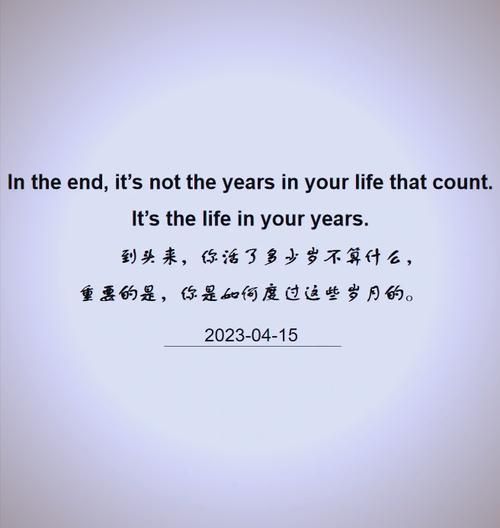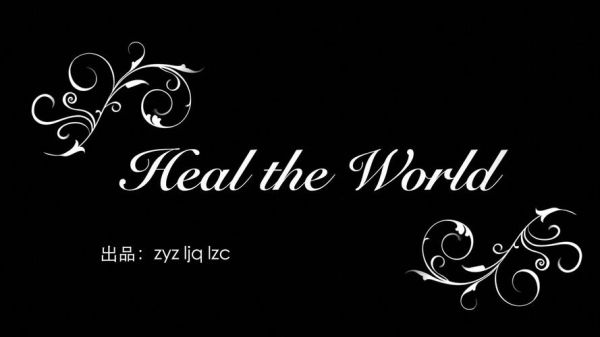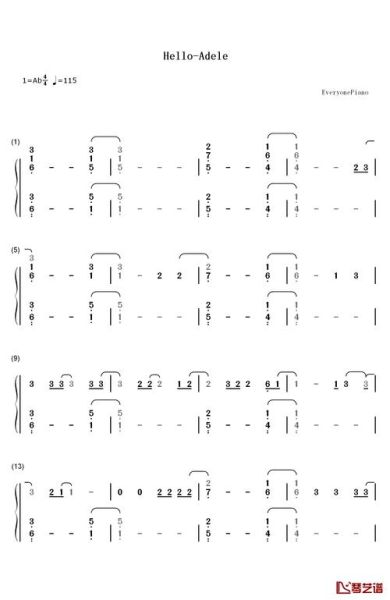What is healing, if not a quiet conversation between you and the world?
Healing is not the dramatic moment when pain vanishes; it is the **soft accumulation of ordinary choices** that tell your nervous system: you are safe now. When we ask “how to heal yourself in daily life,” we are really asking how to **rebuild trust with your own body, time, and surroundings**—one unhurried breath at a time.

Why do *** all rituals matter more than big fixes?
Because the brain learns through **repetition and predictability**, not intensity. A ten-minute morning ritual that never changes can calm cortisol faster than a weekend retreat you attend once a year. Ask yourself: “What is the tiniest act I can repeat daily that says ‘I care’?” The answer usually hides in plain sight—**boiling water for tea, folding a blanket, watering a single plant**.
How can language itself become medicine?
Words shape neural pathways. Replace “I am broken” with “I am mending.” Swap “I have to” for “I choose to.” These **micro-shifts in syntax** rewire the amygdala’s threat response. Keep a pocket notebook; each night, write one sentence that reframes the day’s struggle as **evidence of resilience** rather than failure.
Where does the body store yesterday’s sorrows?
In the **clavicles that tighten when you check email**, in the **hip flexors that shorten during endless scrolling**. Healing asks you to locate these silent archives. Try this: lie on the floor, knees bent, and breathe into the back of your ribs for three minutes. Notice which side expands less; that is where yesterday still lingers. **Gentle, consistent movement**—a sway, a stretch, a yawn—teaches the tissues that the danger has passed.
When is the right time to say no?
Before resentment arrives. Resentment is the body’s invoice for unpaid boundaries. Practice the **two-breath rule**: when a request comes in, inhale for four counts, exhale for six. If your shoulders rise toward your ears, the answer is no. Say it kindly, but say it firmly. **Every clear refusal is a love letter to your future self**.
Can ordinary objects carry emotional alchemy?
Absolutely. A chipped mug can become a tali *** an if you decide it holds only chamomile on stormy nights. The **texture of a wool blanket**, the **sound of a wooden spoon against a ceramic bowl**, the **scent of cedar on your wrists**—these sensory anchors tell the limbic system: you are here, you are held. Curate five such objects and place them where your eyes land first each morning.

How do you measure progress without a finish line?
Count **moments of softness**: the second you choose to close the laptop at 9 p.m., the afternoon you laugh without calculating the calories in dessert, the sunrise you watch without photographing it. Healing is not linear; it is **a spiral staircase** where the same view appears higher each time. Trust that the climb itself is the point.
What if healing feels selfish?
That is the old narrative speaking—the one that equates self-care with indulgence. Reframe: **a regulated nervous system is a public good**. When you are calm, traffic feels less hostile, grocery lines move faster, children absorb your steadiness. Healing is the most radical community service you can offer.
How to begin tonight, not someday?
- Dim the lights at 8:30 p.m.; **melatonin needs darkness** like a seed needs soil.
- Place your phone in another room; let the bedroom remember it is for dreaming.
- Write tomorrow’s top three priorities on a sticky note; **externalize the mental load**.
- Brush your hair slowly, counting fifty strokes; this is **scalp-to-soul communion**.
- Whisper one thing you did well today; **voice carries vibration that the heart believes**.
What does the healed version of you do differently?
She **pauses before panic**, trusting that most catastrophes are stories yet unwritten. She **keeps promises to herself** as fiercely as to her boss. She **lets the kettle whistle finish its song**, understanding that impatience never made water boil faster. Most of all, she **returns home to her own body** without knocking, knowing the door was never locked—only forgotten.


评论列表